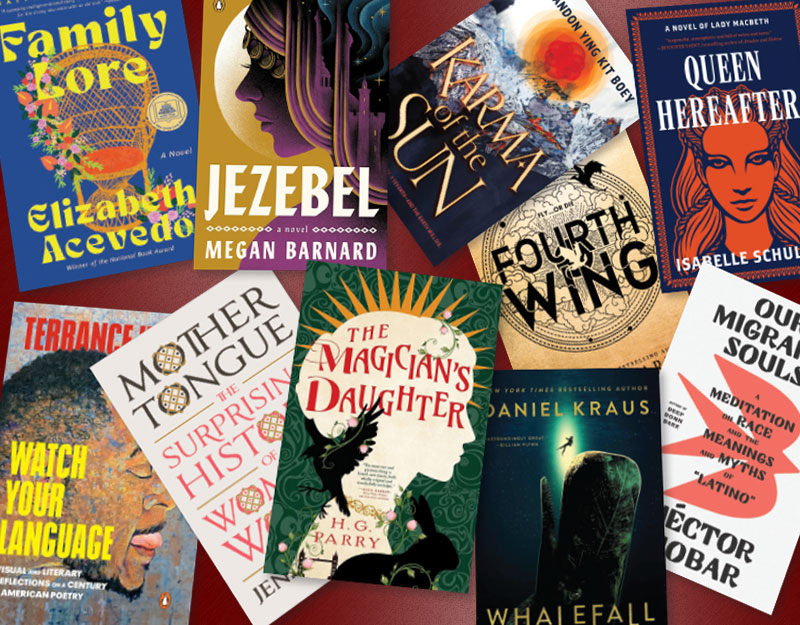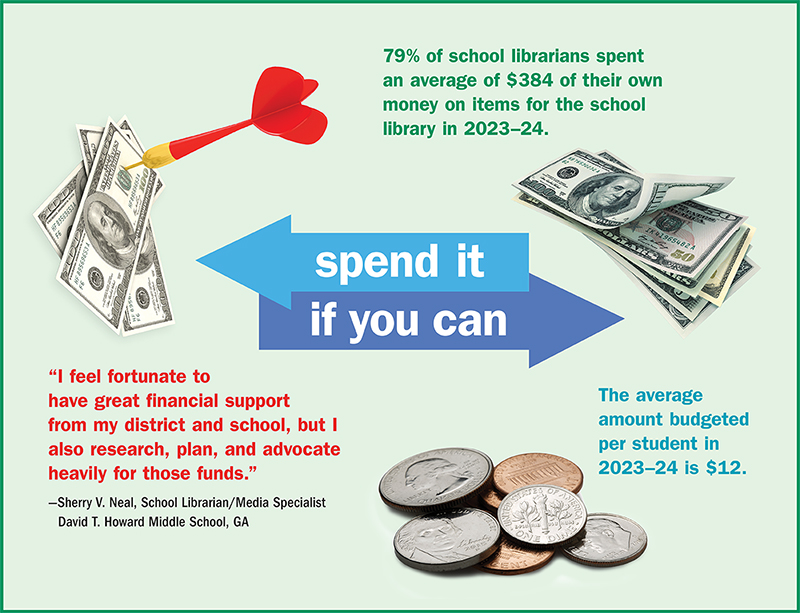SCROLL DOWN TO READ THE POST
Review: Dark Water
Dark Water by Laura McNeal. Knopf Books, an imprint of Random House. 2010. Review copy from publisher.
 The Plot: Pearl DeWitt is fifteen when she first sees Amiel de la Cruz Guerrero, a seventeen year old migrant worker. She cannot stop thinking about him. She asks her uncle, who owns an avocado grove, to hire Amiel. Her growing attraction draws her closer and closer to Amiel: she learns how he lost his voice, discovers the makeshift camp where he lives, returns again and again. Reluctantly and slowly, he returns her feelings.
The Plot: Pearl DeWitt is fifteen when she first sees Amiel de la Cruz Guerrero, a seventeen year old migrant worker. She cannot stop thinking about him. She asks her uncle, who owns an avocado grove, to hire Amiel. Her growing attraction draws her closer and closer to Amiel: she learns how he lost his voice, discovers the makeshift camp where he lives, returns again and again. Reluctantly and slowly, he returns her feelings.
Something dark, though, is lurking in the story. Pearl is telling the story “after” and lets us know that a fire is approaching: “you wouldn’t have noticed me before the fire unless you saw that my eyes, like a pair of socks chosen in the dark, don’t match.” In Fallbrook, California, sunny most of the year, there are two seasons: Green Grass and Fire Alert. Fire is coming.
ADVERTISEMENT
ADVERTISEMENT
The Good: I was reading this on the train, and I was surprised to discover I had lost track of time as I was drawn into Pearl’s world and Fallbrook. Luckily, I did not miss my stop!
The writing here is stunning. The setting is finely drawn, full of the type of details that make you think you are there. “The houses are far apart when you’re out in the hills, where trees and petunias grow in straight lines for profit, but once you get close to town, the streets look like something drawn by a child with an Etch A Sketch. . . . Fallbrook [looks] beautiful from a distance but tangled and confused up close. It’s a place where you can get lost no matter how long you’ve lived here, and there are only two roads out, something we didn’t think much about before the fires began.”
Fire comes. McNeal’s description of the fires, the heat, the terror, are all vividly portrayed. “The fire cracked branches like bones, and then flames reached for another tree . . . . I swallowed the heated air because I had no choice, and my head went high into the darkness and became heavy and came back down.”
In addition to the beautifully written setting and descriptions, Dark Water is full of metaphors and connections — the types where it is left to the reader to connect the dots. McNeal respects her readers enough to know that they will figure it out.
Pearl’s Uncle Hoyt may be granite counter top, yearly trips to Paris rich, but Pearl and her mother are not. Until the past year, they were well off and lived in a four bedroom house while Pearl’s father worked hard and her mother stayed home. Pearl’s father walked out on his wife and his daughter and now Pearl and her mother live in a one bedroom cottage on Uncle Hoyt’s property while her mother takes on various part-time jobs. To an outsider, Pearl may look rich and privileged, but she no more lives in her own house than Amiel does. Amiel has left his home country for the uncertainties and promises of life in the United States; Pearl has been forced out of her home, the one that had two parents and her own room, for the uncertain future of — who knows?
ADVERTISEMENT
ADVERTISEMENT
Fire is a threat, the threat of destruction and forcing people out of their homes. Pearl has lived through that threat already. Not just the fires of previous years, with threats of evacuation, watching forests and homes burn. It is the fire of divorce, of parental abandonment, of having to reduce belongings and clothes and furniture and photographs so that instead of a four bedroom house it all fits into a one bedroom cottage. Pearl has already evacuated once. What more does she have to lose? It turns out… a lot.
Pearl has been betrayed by the men in her life. Her father who tells Pearl he left because he was tired of doing work he hated while his wife spent money on silly hobbies. The problem with his heartfelt “and there was never time for me to do anything that made me feel happy” speech with a perhaps justified side of it’s time for his ex-wife to pay for “boring things like doctor bills and car insurance” is that her father is working the same job, doing the same thing — only he has figured out a way to work the system so he has a new Mercedes and condo while his daughter sleeps on a pull-out sofa in a borrowed home. Uncle Hoyt, it turns out, has a girlfriend. Cousin Robby is trying to figure out what is going on with his father and has less time for Pearl. The women in Pearl’s life have also abandoned her. Her aunt, Hoyt’s wife, is distant and cold. Pearl’s mother, before the divorce, was more a sister with hobbies than a parent. Now, emotionally still raw from a bitter divorce, her mother doesn’t know how to navigate her brave new world, so can hardly guide Pearl. Pearl’s best (and only) friend, Greenie, has a boyfriend and while Greenie tries to include Pearl, Pearl always feels like the unwanted third wheel.
Into Pearl’s world of emotional emptiness, uncertainty and loneliness comes Amiel. Someone for Pearl to love, someone to love Pearl back. But are Pearl and Amiel in love? I’ll be honest here. Pearl and Amiel’s love at first sight, connecting without words, Endless Love relationship didn’t convince me. I believe that Amiel, with his muteness, was the perfect person onto which Pearl could project her wants and needs. She needed to be with someone who had even less than she did. She needed someone that was just as isolated as herself. She needed someone who would not leave her. She needed someone as lonely as she is. Amiel has no family or friends in Fallbrook, living a singular Swiss Family Robinson type existence in a nearby nature preserve. I believe Pearl thinks Amiel, somehow, needs her. I believe Pearl thinks Amiel loves her. But, personally, to me — none of what is depicted in Dark Water adds up to Real Love. I read Pearl’s story as being more about obsession and need than Real Love. This influenced how I saw her actions throughout the book.
Because I don’t view Pearl and Amiel as being Real Love, it influences how I see Pearl, her actions, their consequences. Pearl makes every type of decision: bad, poor, selfish. So does Amiel, but part of Pearl’s poor decision making is when she chooses to go along with Amiel. Because Pearl saw her motivation as “for love” and I saw it as something more selfish, I shook my head in disappointment and frustration as bad decision led to worse decision led to deathly decision. When tragedy strikes as a direct result of Pearl’s actions, what does Pearl learn? Does she change? Does she grow? I think Pearl is sad that the consequences of her actions happened; she accepts responsibility for both her actions and consequences; she wishes the consequences hadn’t happened. However, her post-high school plans makes me wonder what, if anything, she’s learned. I read the final chapter as Pearl not having learned one darn thing and continuing with her near-obsession with Amiel because now she is not only still isolated from family and friends, but she also has to prove that her bad decisions were justified because she was acting for True Love.
So, what are your thoughts? Am I a heartless cynic? Does Pearl love Amiel? Does Amiel love Pearl?
Filed under: Reviews, Uncategorized
About Elizabeth Burns
Looking for a place to talk about young adult books? Pull up a chair, have a cup of tea, and let's chat. I am a New Jersey librarian. My opinions do not reflect those of my employer, SLJ, YALSA, or anyone else. On Twitter I'm @LizB; my email is lizzy.burns@gmail.com.
ADVERTISEMENT
SLJ Blog Network
The Moral Dilemma of THE MONSTER AT THE END OF THIS BOOK
Cover Reveal and Q&A: The One and Only Googoosh with Azadeh Westergaard
Winnie-The-Pooh | Review
Finding My Own Team Canteen, a cover reveal and guest post by Amalie Jahn
The Classroom Bookshelf is Moving
ADVERTISEMENT
ADVERTISEMENT







